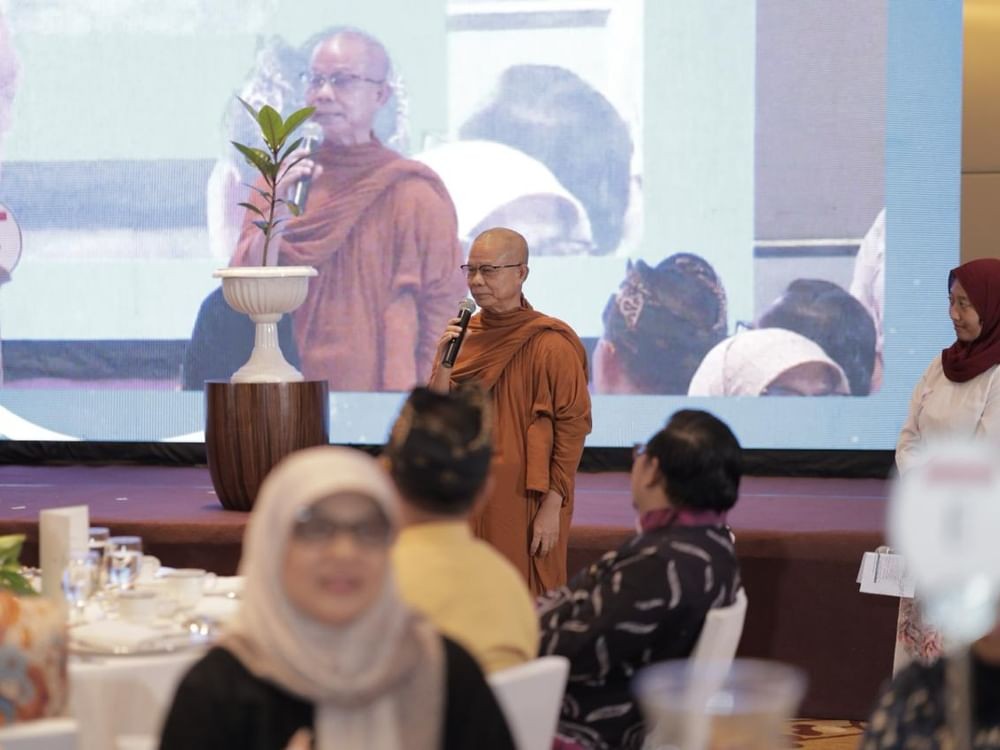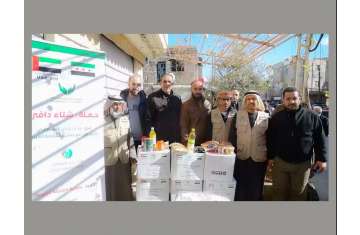Urgent
Dubai International Chamber attracts 64 multinational companies to Dubai in 2025
 FAB posts AED21.11 billion profit in 2025
FAB posts AED21.11 billion profit in 2025
 Casa Mikoko, Luxeglamp puts Umm Al Qaiwain on eco-luxury tourism map
Casa Mikoko, Luxeglamp puts Umm Al Qaiwain on eco-luxury tourism map
 AD Ports Group, BigBear.ai announce partnership
AD Ports Group, BigBear.ai announce partnership
 SEC issues resolution to form Legislative, Legal Affairs Committee
SEC issues resolution to form Legislative, Legal Affairs Committee
 UAE-India partnership reflects constructive strategic, developmental cooperation: Indian Ambassador
UAE-India partnership reflects constructive strategic, developmental cooperation: Indian Ambassador
 Masdar City Free Zone wins three ‘Business Tabloid’ awards
Masdar City Free Zone wins three ‘Business Tabloid’ awards
 Fifteen dead, scores missing as passenger ferry capsizes off southern Philippines
Fifteen dead, scores missing as passenger ferry capsizes off southern Philippines

 FAB posts AED21.11 billion profit in 2025
FAB posts AED21.11 billion profit in 2025
 Casa Mikoko, Luxeglamp puts Umm Al Qaiwain on eco-luxury tourism map
Casa Mikoko, Luxeglamp puts Umm Al Qaiwain on eco-luxury tourism map
 AD Ports Group, BigBear.ai announce partnership
AD Ports Group, BigBear.ai announce partnership
 SEC issues resolution to form Legislative, Legal Affairs Committee
SEC issues resolution to form Legislative, Legal Affairs Committee
 UAE-India partnership reflects constructive strategic, developmental cooperation: Indian Ambassador
UAE-India partnership reflects constructive strategic, developmental cooperation: Indian Ambassador
 Masdar City Free Zone wins three ‘Business Tabloid’ awards
Masdar City Free Zone wins three ‘Business Tabloid’ awards
 Fifteen dead, scores missing as passenger ferry capsizes off southern Philippines
Fifteen dead, scores missing as passenger ferry capsizes off southern Philippines











Comments